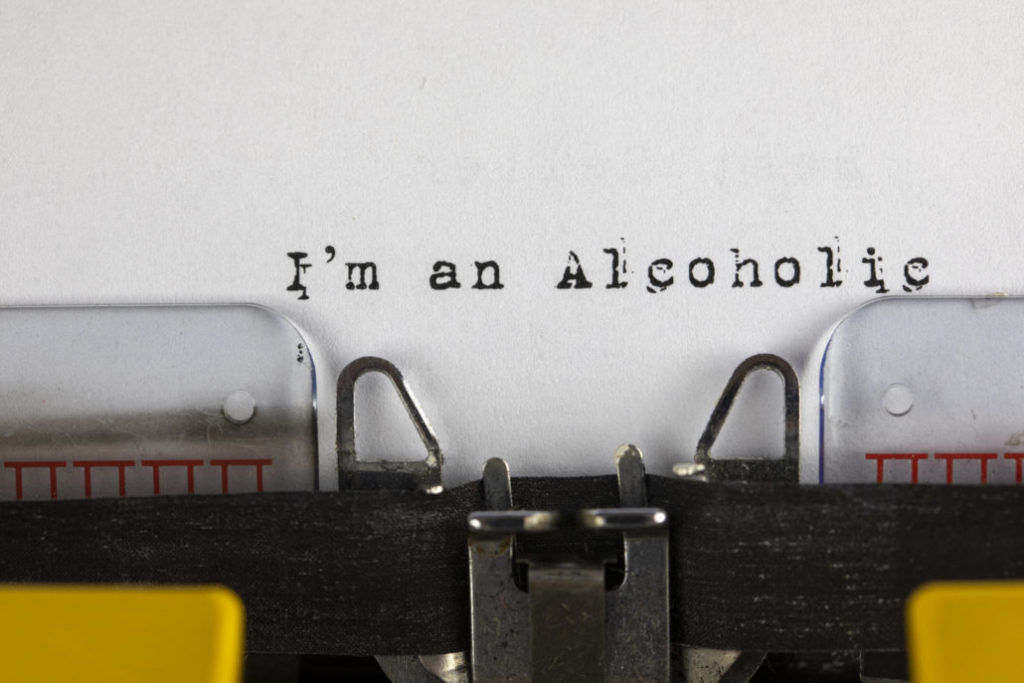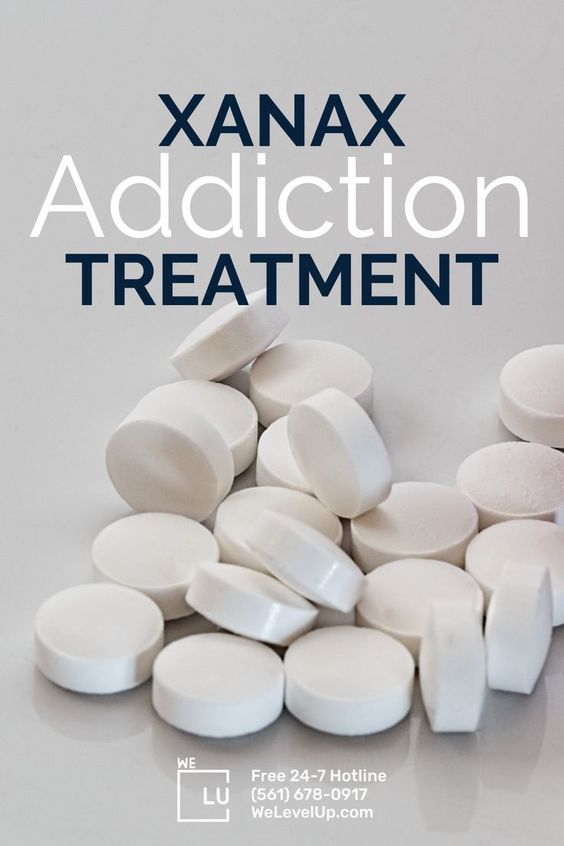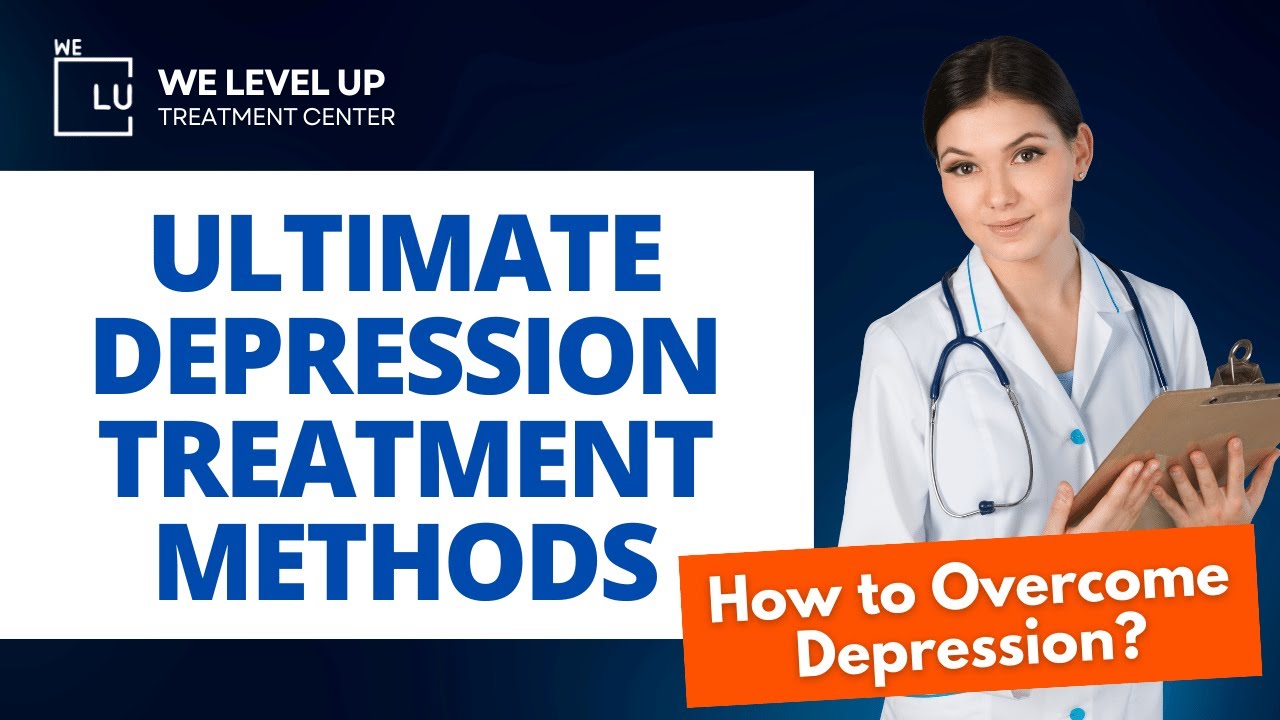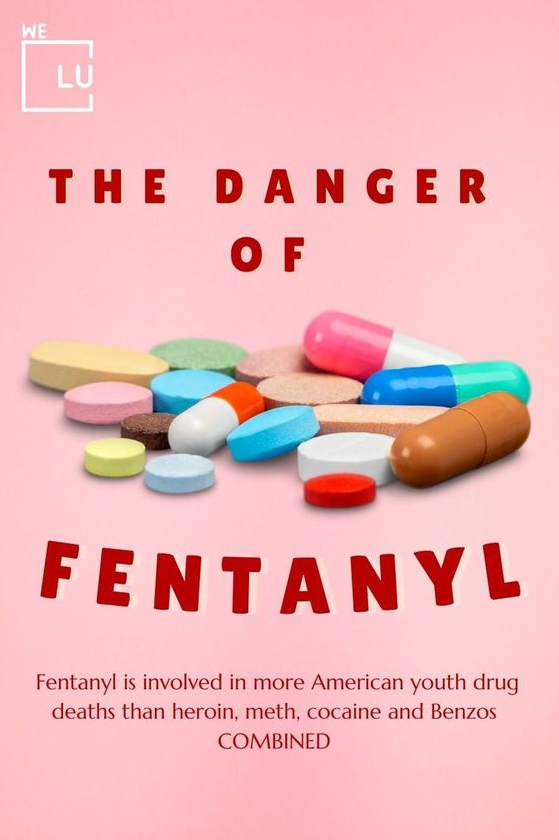How alcohol affects the brain?
Psychosis associated with alcohol can occur with acute intoxication, alcohol withdrawal, and patients with chronic alcohol use disorder. The particular diagnosis of alcohol-induced psychosis is also known as alcohol hallucinosis. It is a relatively unusual consequence of alcohol use. However, it may be more widespread than classically thought, depending on the inclusion criteria used for diagnosis. Generally, in alcohol-induced psychosis, symptoms of psychosis present during or shortly after heavy alcohol consumption.
Clinically, alcohol-related psychosis is comparable to schizophrenia but is a unique and independent condition. Basically, hallucinations, paranoia, and fear characterize it. [1] As with any form of psychosis, patients with alcohol-related psychosis may present a variety of symptoms. However, the presence of notable hallucinations or delusions must be evident. The psychosis is more extreme than what could probably be attributed to alcohol acute intoxication or withdrawal.
Other symptoms of how alcohol affects the brain [2] may include:
- Disturbed thoughts or perceptions
- Poor executive functioning
- Trouble thinking clearly or concentrating
- Memory Problems
- Difficulty understanding what is real
- Behavior that is inappropriate for the situation
- Incoherent Speech
- Delusions
- Hallucinations
Approximately 3 out of every 100 people will encounter some form of psychosis in their lifetimes, with many first psychotic episodes appearing in their later teen years or early 20s. [3] Although the causes of psychosis are not fully understood, a combination of factors may probably add to its development; for example:
- Genetics (e.g., a positive family history of psychosis or psychotic disorders)
- Life experiences
- Specific chemical imbalances in the brain
- Alcohol or drug use may all be associated with the development of psychotic disorders

What part of the brain does alcohol affect?
The first area compromised is the Cerebral Cortex, which causes confusion and lowers inhibitions. Difficulty walking, blurred vision, slurred speech, slowed reaction times, impaired memory: Clearly, alcohol affects the brain. Some of these impairments are detectable after only one or two drinks and quickly resolve when drinking stops. On the other hand, a person who drinks heavily over a long period of time may have brain deficits that persist well after he or she achieves sobriety. Exactly how alcohol affects the brain and the likelihood of reversing the impact of heavy drinking on the brain remain hot topics in alcohol research today.
We do know that heavy drinking may have extensive and far-reaching effects on the brain, ranging from simple “slips” in memory to permanent and debilitating conditions that require lifetime custodial care. And even moderate drinking leads to short–term impairment, as shown by extensive research on the impact of drinking on driving.

A number of factors influence how and to what extent alcohol affects the brain [4], including
- How much and how often a person drinks
- The age at which he or she first began drinking, and how long he or she has been drinking
- The person’s age, level of education, gender, genetic background, and family history of alcoholism
- Whether he or she is at risk as a result of prenatal alcohol exposure; and
- His or her general health status
How alcohol affects the brain can produce detectable impairments in memory after only a few drinks and, as the number of alcohol increases, so does the degree of impairment. Large quantities of alcohol, especially when consumed quickly and on an empty stomach, can produce a blackout, or an interval of time for which the intoxicated person cannot recall key details of events or even entire events.
Alcohol blackouts are much more common among social drinkers than previously assumed and should be viewed as a potential consequence of acute intoxication regardless of age or whether the drinker is clinically dependent on alcohol.
Short-Term Effects of Alcohol on the Brain

Even in the short term, alcohol affects areas of the brain controlling cognitive and motor functions, causing them to slow down. Alcohol impairs memory, judgment, and coordination and disrupts sleep patterns. When used long-term, alcohol may cause permanent brain damage. The common effects of alcohol on the brain are:
- Confusion
- Seizure
- Problems with remaining conscious
- Respiratory suppression
- Heart rate slowing
- Vomiting
- Permanent cognitive disruption or impairment
- In the worst cases, death
Long-Term Effects of Alcohol on the Brain
People who have been drinking large amounts of alcohol for long periods of time run the risk of developing serious and persistent changes in the brain. Damage may be a result of how alcohol affects the brain or may result indirectly, from a poor general health status or from severe liver disease.
For example, thiamine deficiency is a common occurrence in people with alcoholism and results from poor overall nutrition. Thiamine, also known as vitamin B1, is an essential nutrient required by all tissues, including the brain. Thiamine is found in foods such as meat and poultry; whole-grain cereals; nuts; dried beans, peas, and soybeans. Many foods in the United States commonly are fortified with thiamine, including bread and cereals. As a result, most people consume sufficient amounts of thiamine in their diets. The typical intake for most Americans is 2 mg/day; the Recommended Daily Allowance is 1.2 mg/day for men and 1.1 mg/day for women.
Up to 80 percent of alcoholics, however, have a deficiency in thiamine, and some of these people will go on to develop serious brain disorders such as Wernicke–Korsakoff syndrome (WKS). WKS is a disease that consists of two separate syndromes, a short-lived and severe condition called Wernicke’s encephalopathy and a long-lasting and debilitating condition known as Korsakoff’s psychosis.
The symptoms of Wernicke’s encephalopathy include mental confusion, paralysis of the nerves that move the eyes (i.e., oculomotor disturbances), and difficulty with muscle coordination. For example, patients with Wernicke’s encephalopathy may be too confused to find their way out of a room or may not even be able to walk.
Many Wernicke’s encephalopathy patients, however, do not exhibit all three of these signs and symptoms, and clinicians working with alcoholics must be aware that this disorder may be present even if the patient shows only one or two of them. In fact, studies performed after death indicate that many cases of thiamine deficiency–related encephalopathy may not be diagnosed in life because not all the “classic” signs and symptoms were present or recognized. [5]

Alcohol Addiction Treatment
We Level Up TX offers comprehensive treatment prescribing medications that can alleviate your withdrawal pains while monitoring your health 24 hours during detox and MAT for alcohol addiction. Thus, we are assuring both your safety and comfort. Once detox is complete, you will be in our residential level of care. Our residential care program slowly and effectively introduces the individual to an atmosphere of therapeutic growth. Marked by master’s level therapists, clinicians, group counselors, psychiatrists, and a community of like-minded individuals with the same aim: to attain sobriety and live a great life.
Medication-assisted treatment for alcohol disorder works in combination with counseling and behavior therapies; it uses medication to treat alcohol use disorder and sustain recovery. [6] Medication can help to:
- Regain a stable state of mind, free from alcohol-induced highs and lows
- Provide freedom from thinking about alcohol all the time
- Reduce problems of craving
- Focus on lifestyle changes that lead back to healthy living
Breaking an addiction is vital to achieving a healthier life and a stronger mind. We have seen this breaking of said addiction being the essential part of anyone’s recovery. Although not everyone who detoxes from drugs will encounter dangerous withdrawal symptoms, it is never an easy process. For instance, alcohol and benzo withdrawal are the most severe, particularly in combination. Therefore, Medication-Assisted Treatment (MAT) in our time-honored and effective setting will reduce the pressure and anxiety that comes with the first few days of the process and heavily increase the possibility of avoiding relapse.
Our compassionate team proactively manages clients in ways to stay focused on their goals for sobriety and recovery. Our approach at We Level Up TX treatment is holistic because we provide a comprehensive experience. This life-changing experience addresses clients’ physical, mental, spiritual, and emotional health & wellbeing. If needed, we provide over-the-counter medication, as well as short-term prescriptions for substances including Suboxone, Naltrexone, Acamprosate, and Disulfiram. These medications can manage the more drastic side effects of how alcohol affects the brain, symptoms, and cravings that present during detox. But, above all, this is all a part of our team’s role in relapse prevention.
Call us at We Level Up TX today if you want to take the first step toward sobriety.
Sources:
[1,3] How alcohol affects the brain/Alcohol-Related Psychosis – National Center for Biotechnology Information, U.S. National Library of Medicine
[2] First-Episode Psychosis and Co-Occurring Substance Use Disorders – Substance Abuse and Mental Health Services Administration
[4-5] How alcohol affects the brain – Alcohol Alert – U.S. Department of Health and Human Services National Institutes of Health
[6] We Level Up – Treatment » Medication-Assisted Treatment for Alcohol





